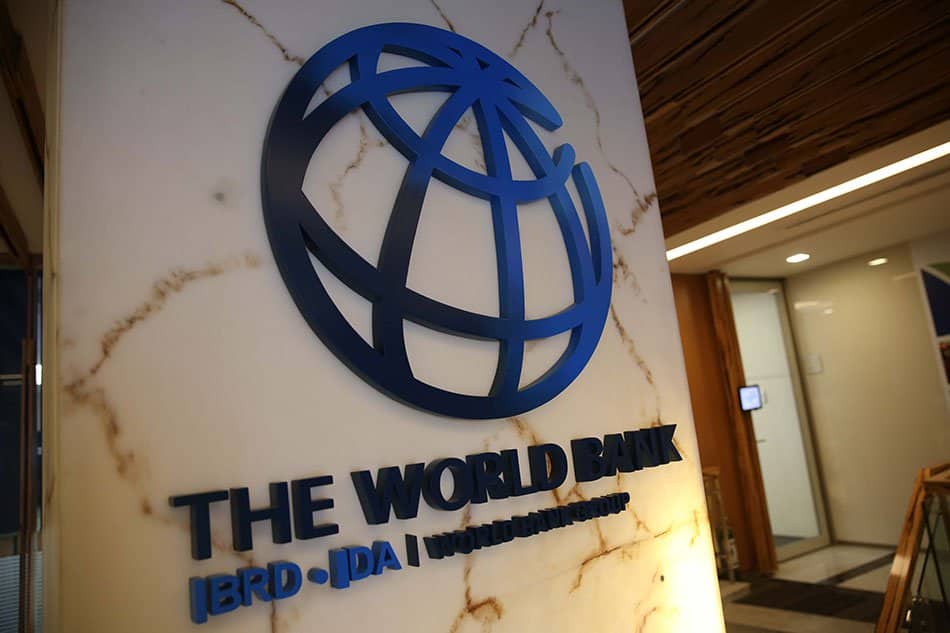Breaking News
Here’s World Bank’s projection of recession for Nigeria

The World Bank said it expects the Nigerian economy to contract by 3.2%, 0.2% less than the Federal Government’s projection.
The development bank in its Flagship Report for June which was sighted by NewsWireNGR on June 9, 2020, said it expects developing economies to “contract by 2.5 percent in 2020—6.6 percentage points below previous forecasts, and the worst rate since at least 1960”.
The report went on to give reasons that will see this recession hit emerging economies such as: the COVID-19 pandemic; significant reliance of some economies on tourism which has already been dealt a blow by the pandemic, as well as some economies’ dependence on commodities that are part of global value chains.
“Forecast downgrades are larger and the recessions are deeper in EMDEs with the most severe COVID-19 outbreaks or those most susceptible to global spillovers, such as economies that are heavily dependent on tourism (Croatia, Maldives, Seychelles, Thailand), economies deeply embedded in global value chains (Bulgaria, Mexico, Poland), and major exporters of industrial commodities (Chile, Nigeria, Russian Federation, South Africa).” the report said.
The World Bank however, expects the group of emerging economies to begin to record positive growth in 2021.
It forecasts that the Nigerian economy will grow by 1.7 percent in 2021.
The estimates of the World Bank differ only slightly to the Nigerian government’s which has reviewd its budget downwards twice already this year.
On May 5, 2020, the FG announced that it expected the economy to shrink by 3.4 percent barely three years after Nigeria exited its worst recession in 25 years.
Having seen global oil prices plummet, Finance Minister Zainab Ahmed announced in March that the 2020 budget of N10.59 trillion would be cut by about 15 percent.
The initial projected oil price on which the budget was estimated on was $57 per barrel, this was reduced to $30 a barrel as well.
The oil benchmark was further reduced to $20 per barrel as crude oil prices crashed in May 2020 as the COVID-19 pandemic hit harder.
Nigeria currently spends 58 percent to 60 percent of revenues on debt servicing.
According to the budget office, Nigeria is expected to spend N200 billion more in 2020 to service its debts.
As at June, 8, 2020, Nigeria’s disease control agency the Nigeria Centre for Disease Control (NCDC), announced 315 new COVID-19 cases, bringing the total to 12,801.
Experts have said that Nigeria will continue to experience increased cases of the coronavirus.






